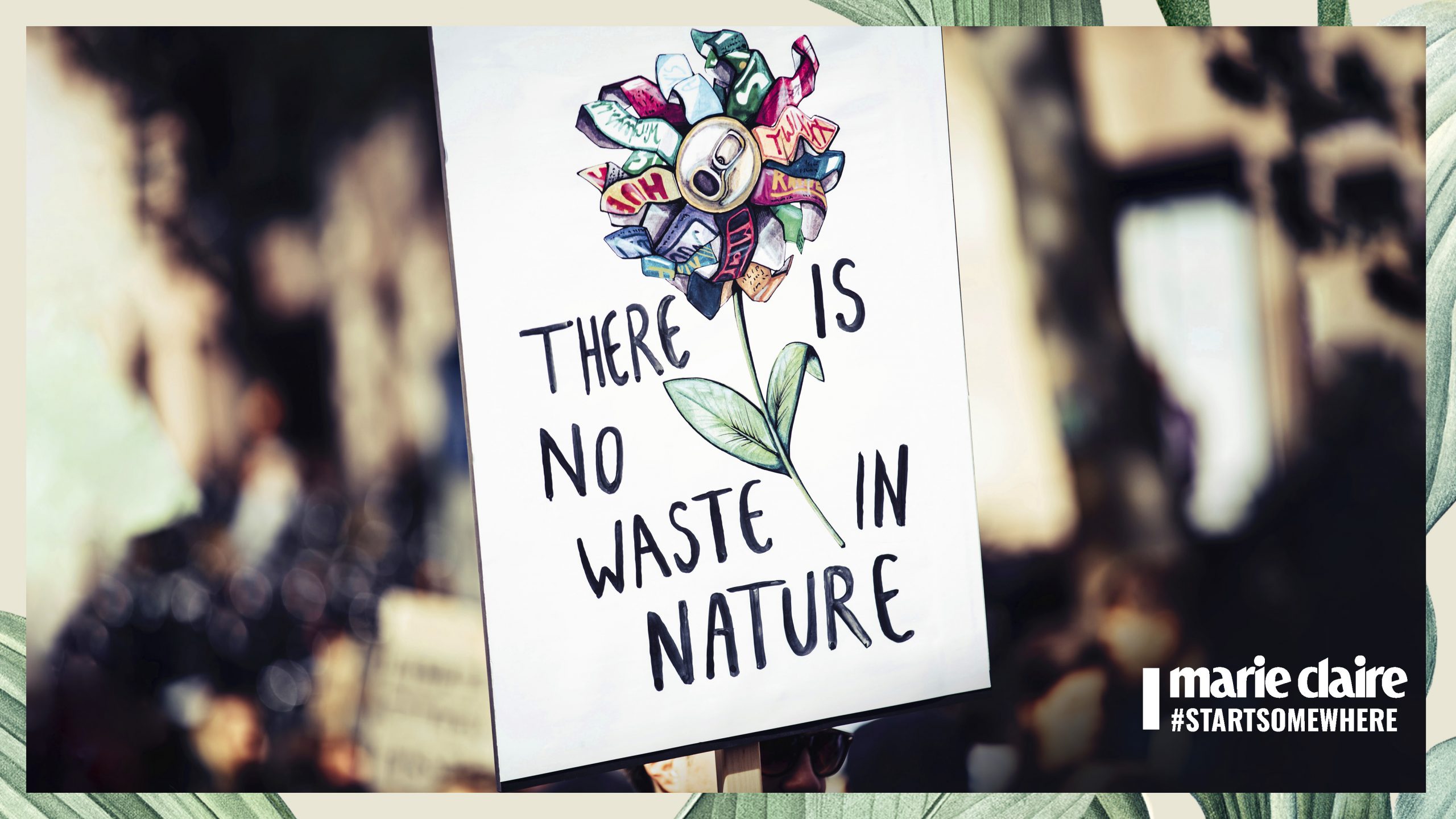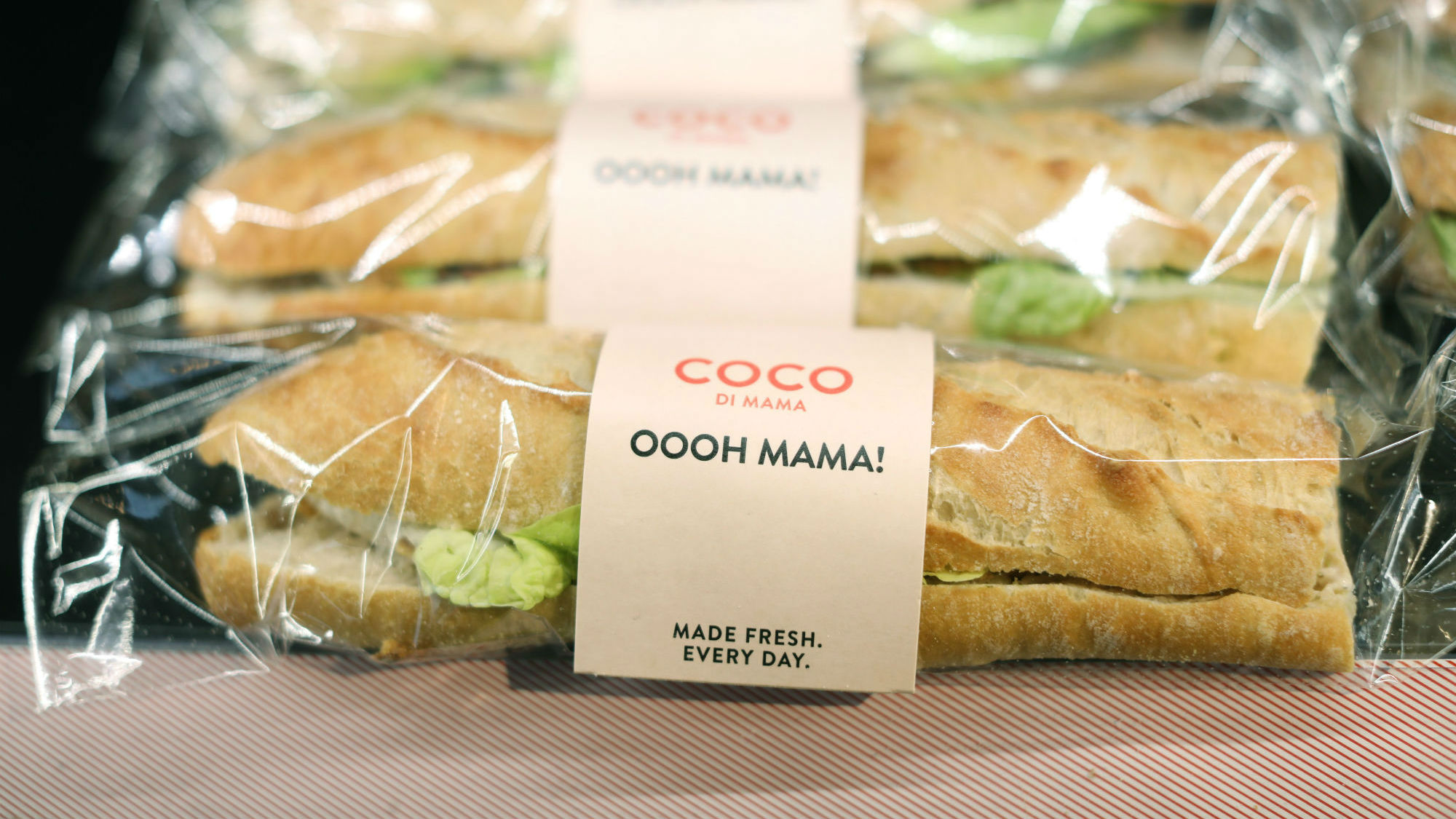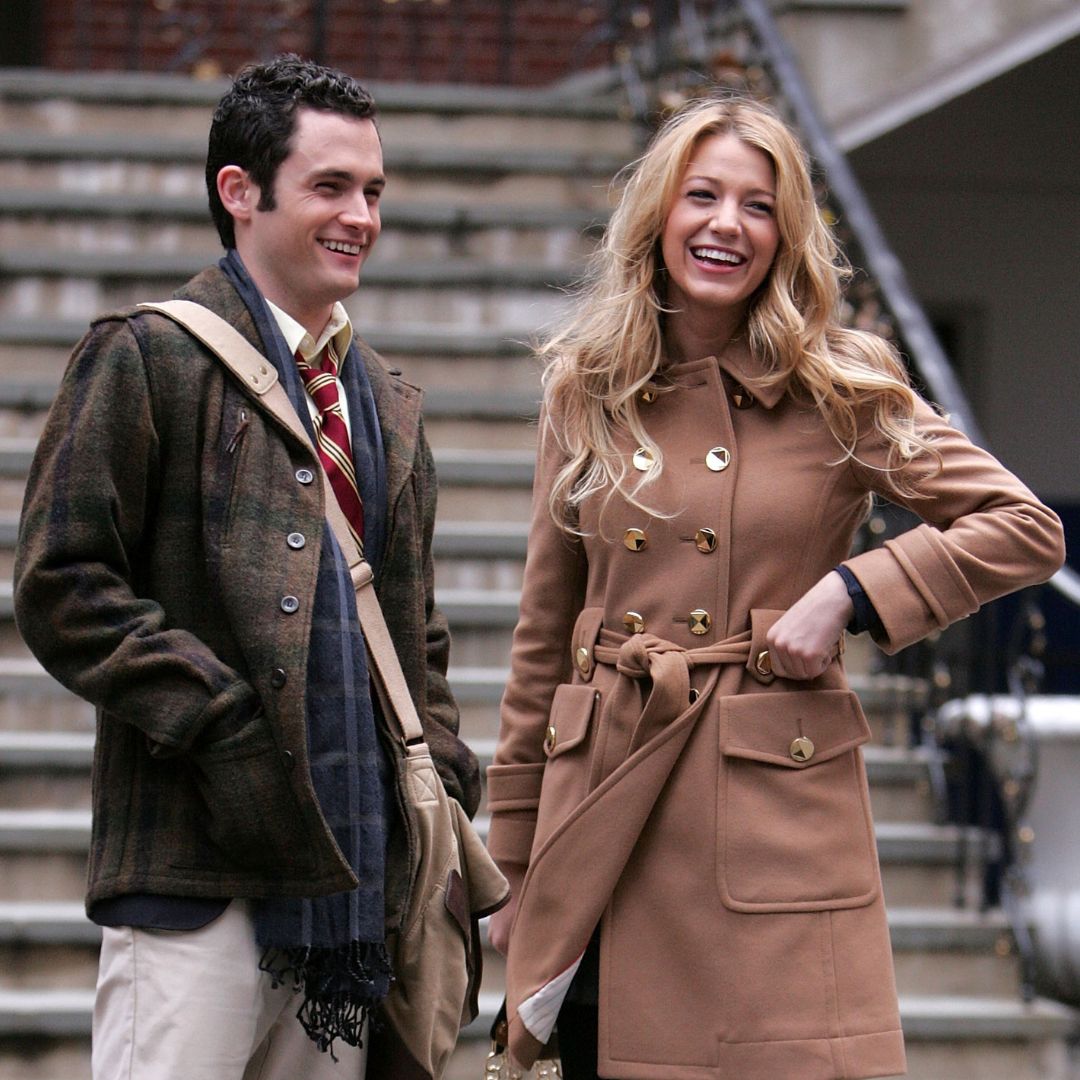Rescue restaurant food with these 6 epic food waste apps
The food waste problem is real, but there are ways you can fix it. Here's how.

The food waste problem is real, but there are ways you can fix it. Here's how.
Did you know that across the globe, one third of food goes to waste? Yes, really. Picture buying your weekly shop, lugging it home and then immediately chucking a third of it in the bin. Honestly, the thought hurts our heart.
We're all waking up to the environmental danger of carbon dioxide and methane emissions, and probably know that decomposing food waste is a key source of greenhouse gases. Enter food waste apps: the really easy way to up your sustainability.
Wherever you're located in the UK, or even globally, you can help rescue perfectly good food that would otherwise be destined for landfill with these handy apps. The following are UK specific, but we're sure if you had a search, you could find options globally.
Not sure what to expect? Think raw vegetables to make your own meal, hot pizzas, sweet, flaky pastries. Even better, the food that would otherwise have been thrown away is sold from these eateries at a fraction of the price. Result.
Disclaimer: this guide was written pre-COVID, so refers to life without a UK wide lockdown. Make sure you give the apps a go when life returns to normal.
6 food waste apps to have on your radar
1. Too Good To Go
The countrywide app gives you a general idea of the food each restaurant offers. You pay for a ‘magic box’ and pick it up within an allocated timeframe. You're allowed to specify dietary requirements, too. Each bag is apparently worth between £8 and £12 but costs just £3 to £4 when purchased through the app.
Marie Claire Newsletter
Celebrity news, beauty, fashion advice, and fascinating features, delivered straight to your inbox!
Last September, Too Good To Go announced that it has saved one million meals in the UK since its launch in 2016, preventing an estimated 2,500 tonnes of CO2 emissions. Impressive stuff.
2. Karma
The London-based app connects you to unsold meals from local restaurants and cafés. Unlike Food To Go, it tells you exactly what is available at each place, allowing you to pay for it beforehand and pick it up within a certain window.
Founded in Stockholm in 2016, Karma now helps serve one million users in Britain, France and Sweden. In the UK alone, it offers food from 2,000 outlets.
All of London’s leftovers - from Coco di Mama, Fabrique and Island Poke - are at least 50 per cent off.

3. No Waste
No Waste allows you to check what food you have left in the house, see what you need to use first, plan meals and reduce waste and unnecessary purchases. With lists for your freezer, fridge and pantry, you can easily check what food you have left, and thereby save a bunch of money in the process.
While other apps focus on food waste from restaurants, No Waste is starting from people’s own houses. Besides tracking your own waste, the app also adds your progress to the community stats, making you part of the wider fight against food waste. Love it.
Ah, and while we're on the topic of waste, make sure you read our guides to building a sustainable beauty routine up and refillable beauty products, while you're here.
4. Olio
As well as the UK, Olio is available in 31 other countries (seriously!) and allows you to connect with neighbours and local businesses to share surplus food and other unwanted household items such as toiletries, cleaning products, clothes and furniture.
Olio originated here in the UK and enables its 1.7 million customers worldwide to give their own unused food items free to other users, via collection from their homes. To paint the picture, most food shared on the website is things like unhealthy snacks when someone has started a diet, fresh produce needing to be eaten before someone goes on holiday and excess tins.
Tessa Clarke, co-founder of Olio, told Asia One, 'Roughly 10 per cent of annual greenhouse gas emissions come from food waste alone, which I like to point out to people is four to five times greater than the carbon emissions that come from the global aviation industry. I like to say that our main competitor is the rubbish bin. '
5. FoodCloud
This app helps charities and community groups – from homeless hostels to breakfast clubs – obtain surplus food from retailers and other companies. Based in Dublin, FoodCloud operates in Ireland and the UK, and partners supermarkets with charities to donate unsold food items. Such a great idea.
6. Refill
Okay, so it's not a food app - but Refill shows you where all the water refill stations are across the country, to basically encourage us all to reuse bottles rather than buy more plastic. Refill is on a mission to help the UK fall in love with tap water again, by making reusing a bottle easier than buying a new one.
Simply carry your reusable bottle and use the app to search for your local Refill station using the map. There are over 12,000 Refill Stations across the UK and with our handy bottle reminder you’ll never leave the house without one again.
If all Refill stations are used just once a day we're stopping around four million plastic bottles at source in a year!
Helping stop plastic pollution? Sounds good to us.
Olivia – who rebranded as Liv a few years ago – is a freelance digital writer at Marie Claire UK. She recently swapped guaranteed sunshine and a tax-free salary in Dubai for London’s constant cloud and overpriced public transport. During her time in the Middle East, Olivia worked for international titles including Cosmopolitan, HELLO! and Grazia. She transitioned from celebrity weekly magazine new! in London, where she worked as the publication’s Fitness & Food editor. Unsurprisingly, she likes fitness and food, and also enjoys hoarding beauty products and recycling.
-
 Penn Badgley and Blake Lively kept their breakup a secret from the Gossip Girl cast and crew - here's what we know about their former relationship
Penn Badgley and Blake Lively kept their breakup a secret from the Gossip Girl cast and crew - here's what we know about their former relationshipBy Jenny Proudfoot
-
 Spring has finally sprung - 6 best outdoor workouts that are totally free and boost both body and mind
Spring has finally sprung - 6 best outdoor workouts that are totally free and boost both body and mindSoak in the nature and boost Vitamin D *and* endorphins.
By Anna Bartter
-
 This iconic rose perfume is a compliment magnet—it makes me feel ‘put together’ after just one spritz
This iconic rose perfume is a compliment magnet—it makes me feel ‘put together’ after just one spritzGrown-up and elegant, yet not at all dated.
By Denise Primbet